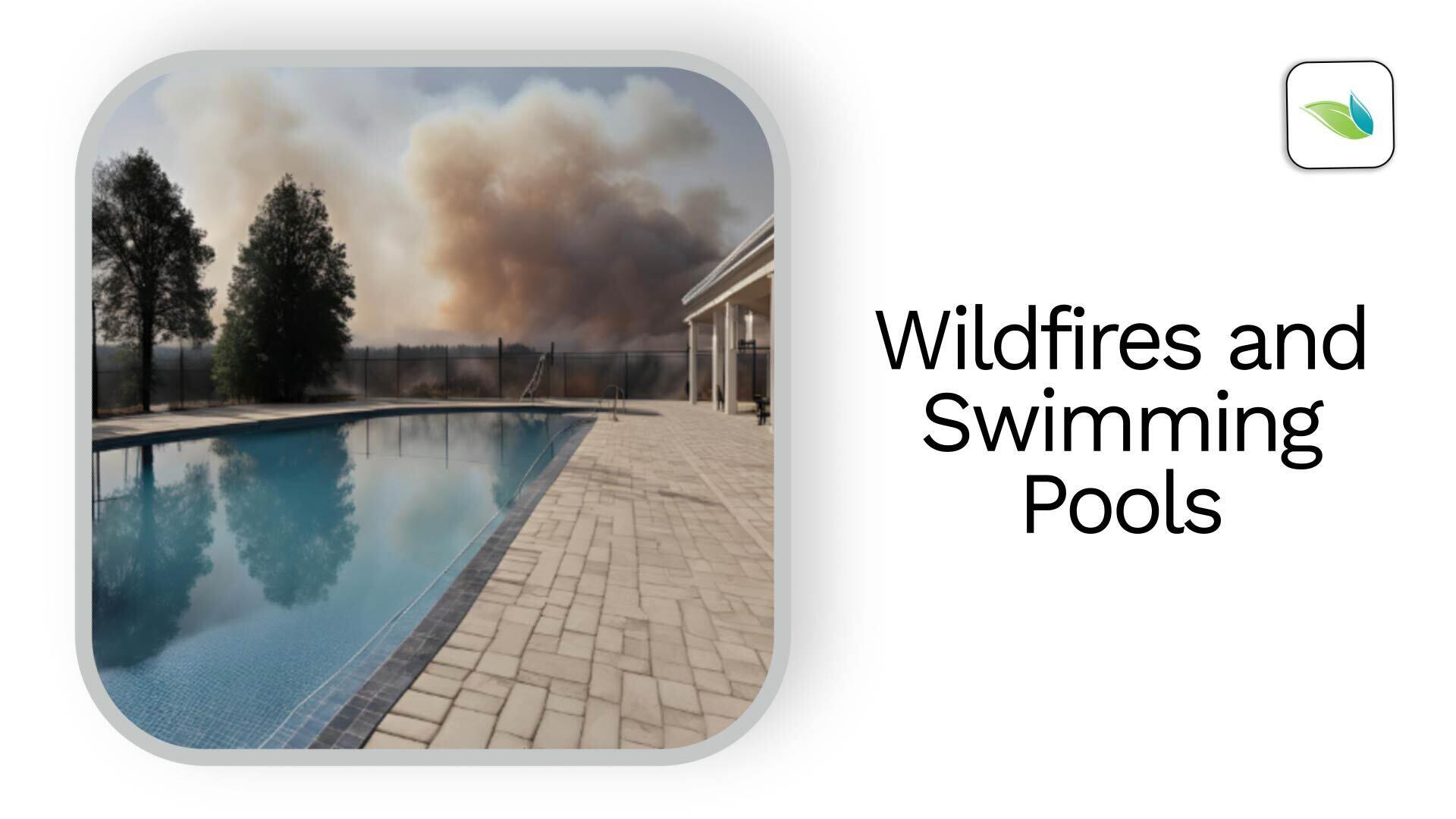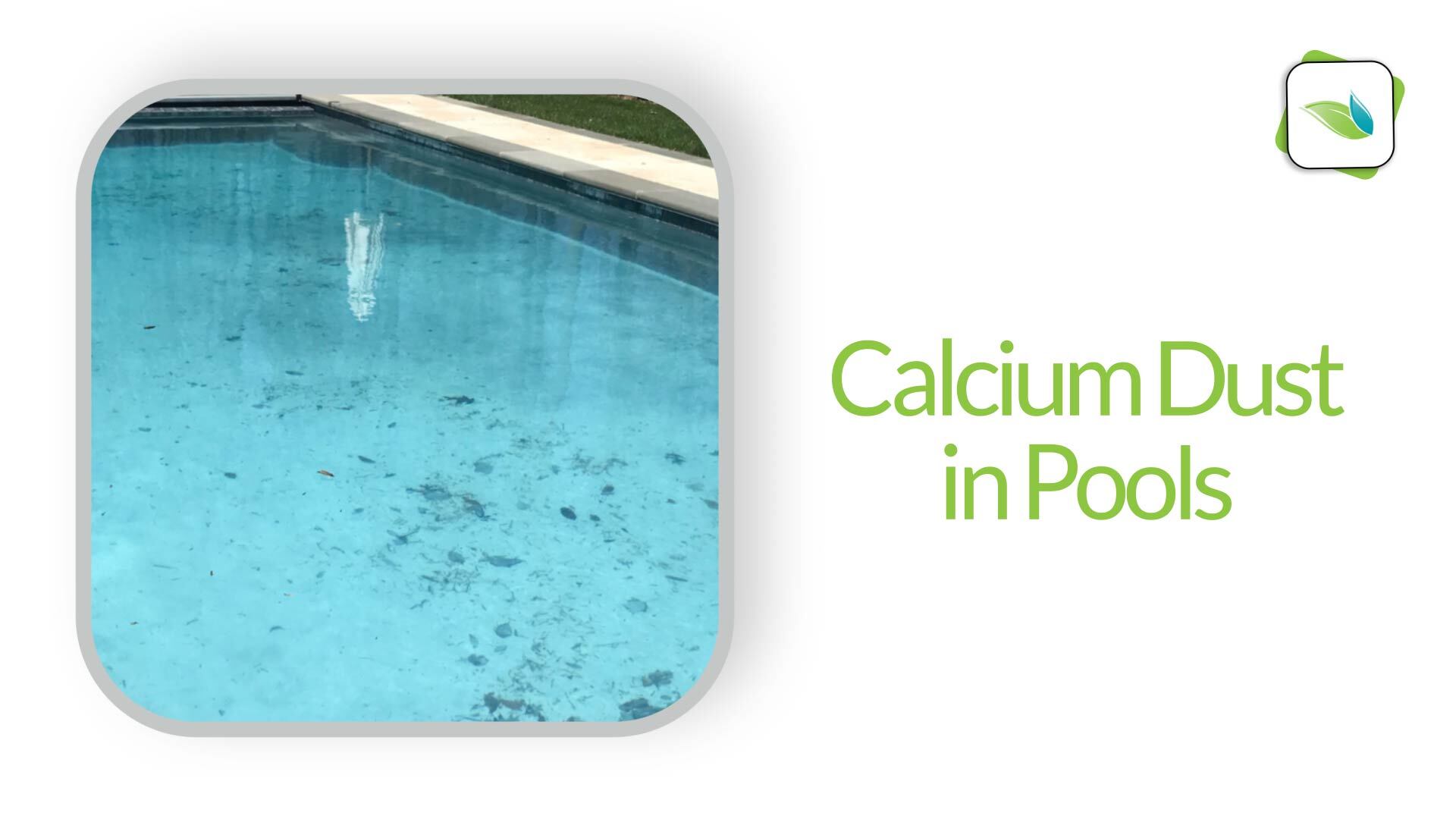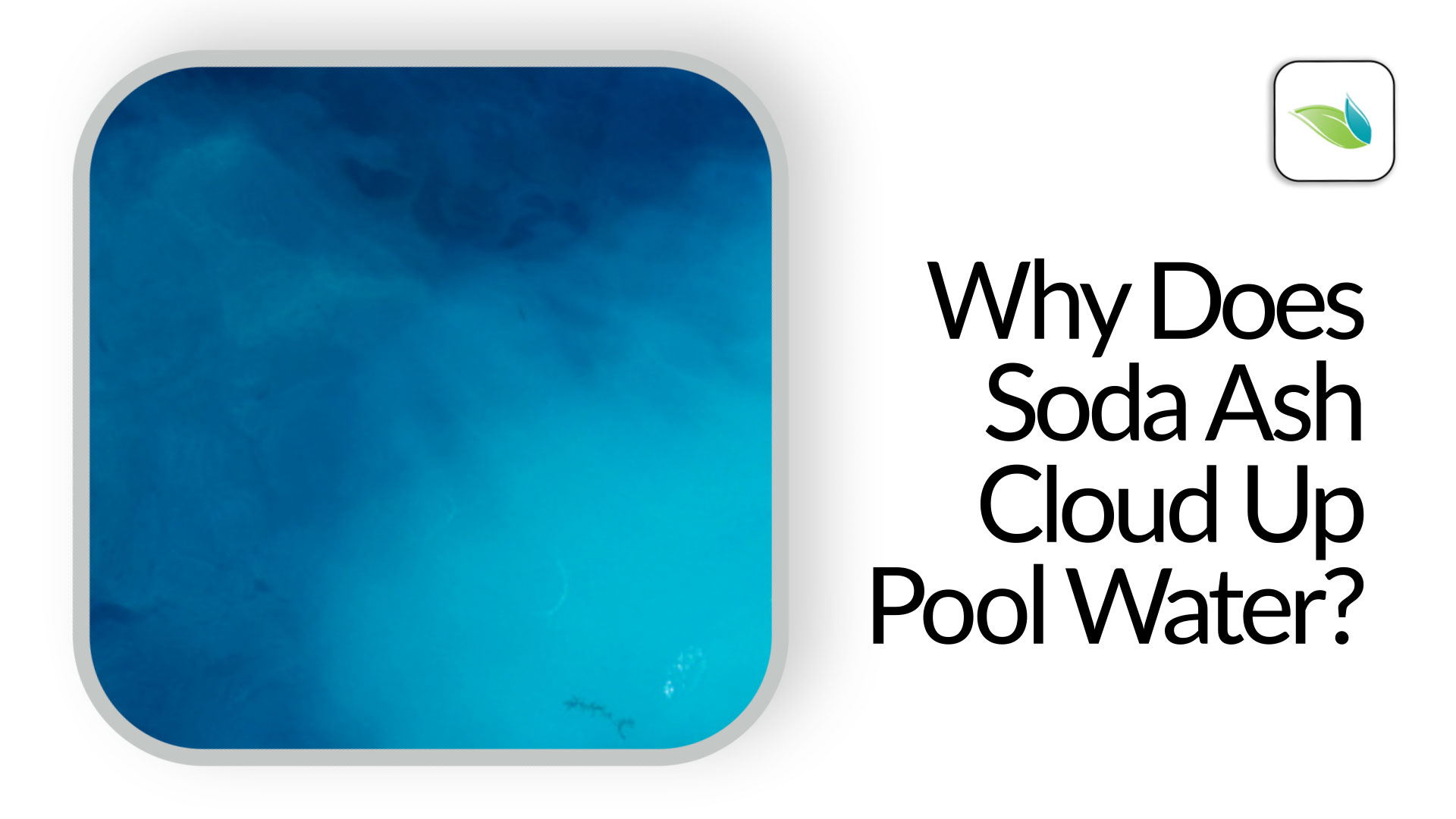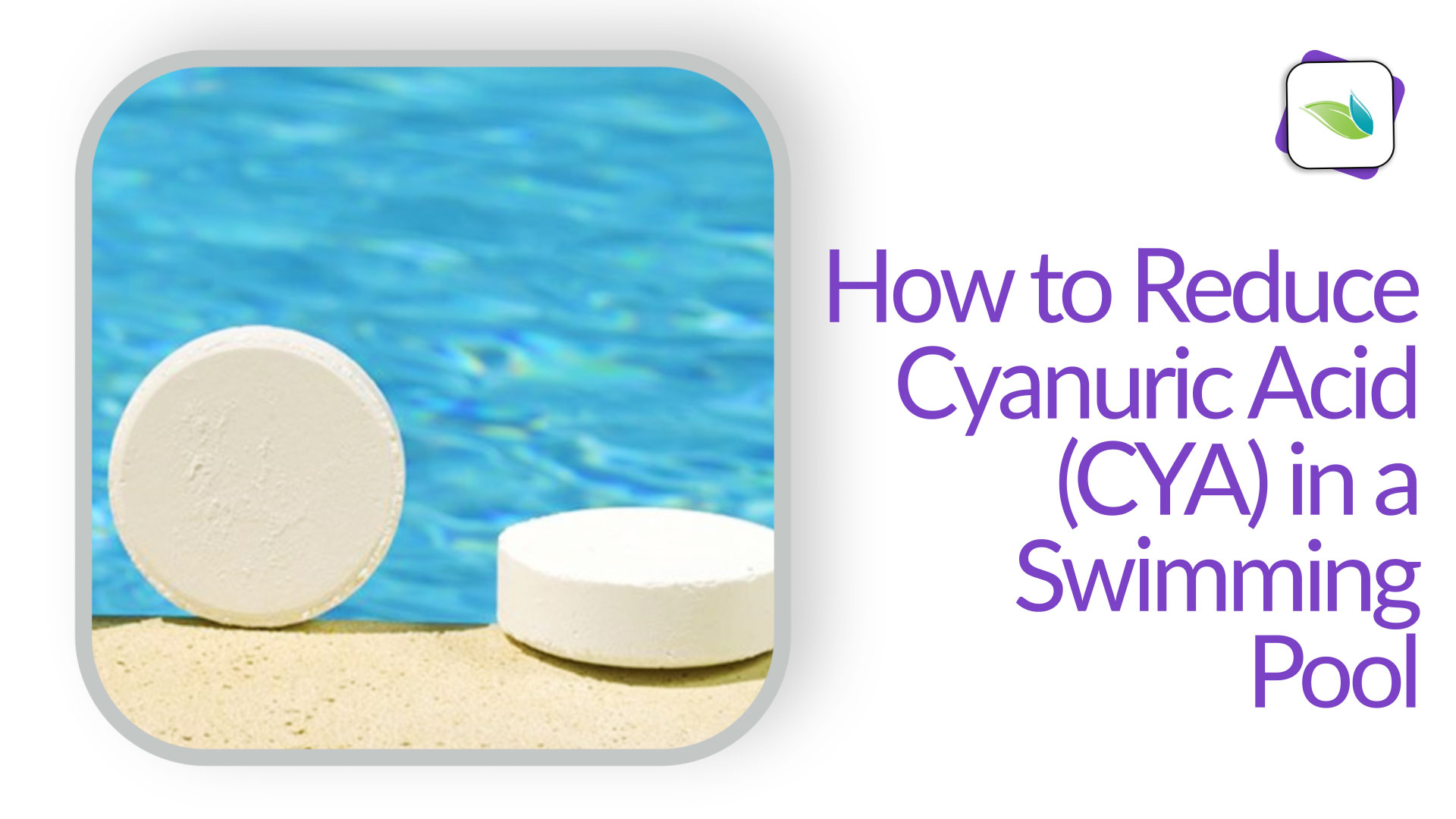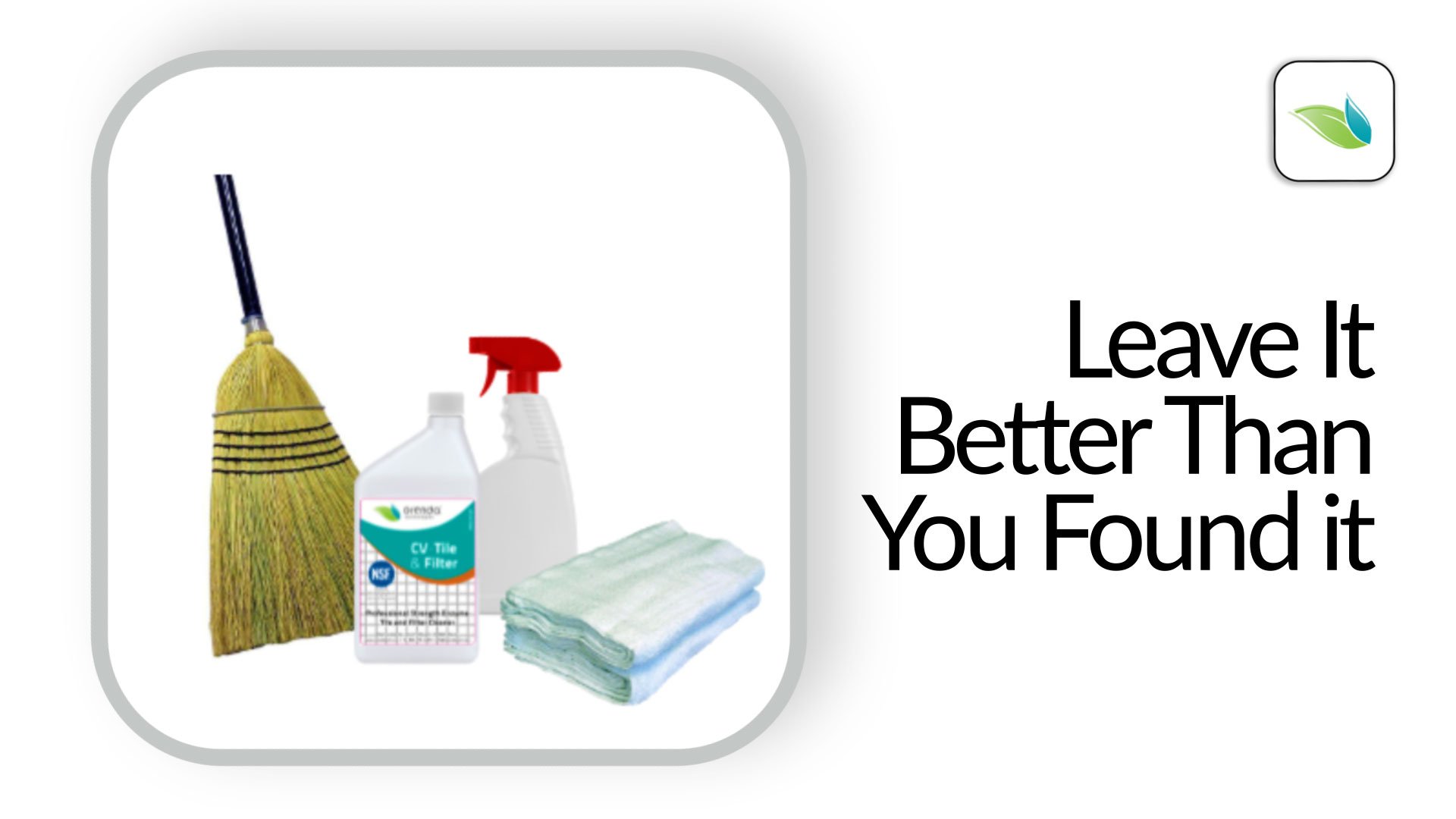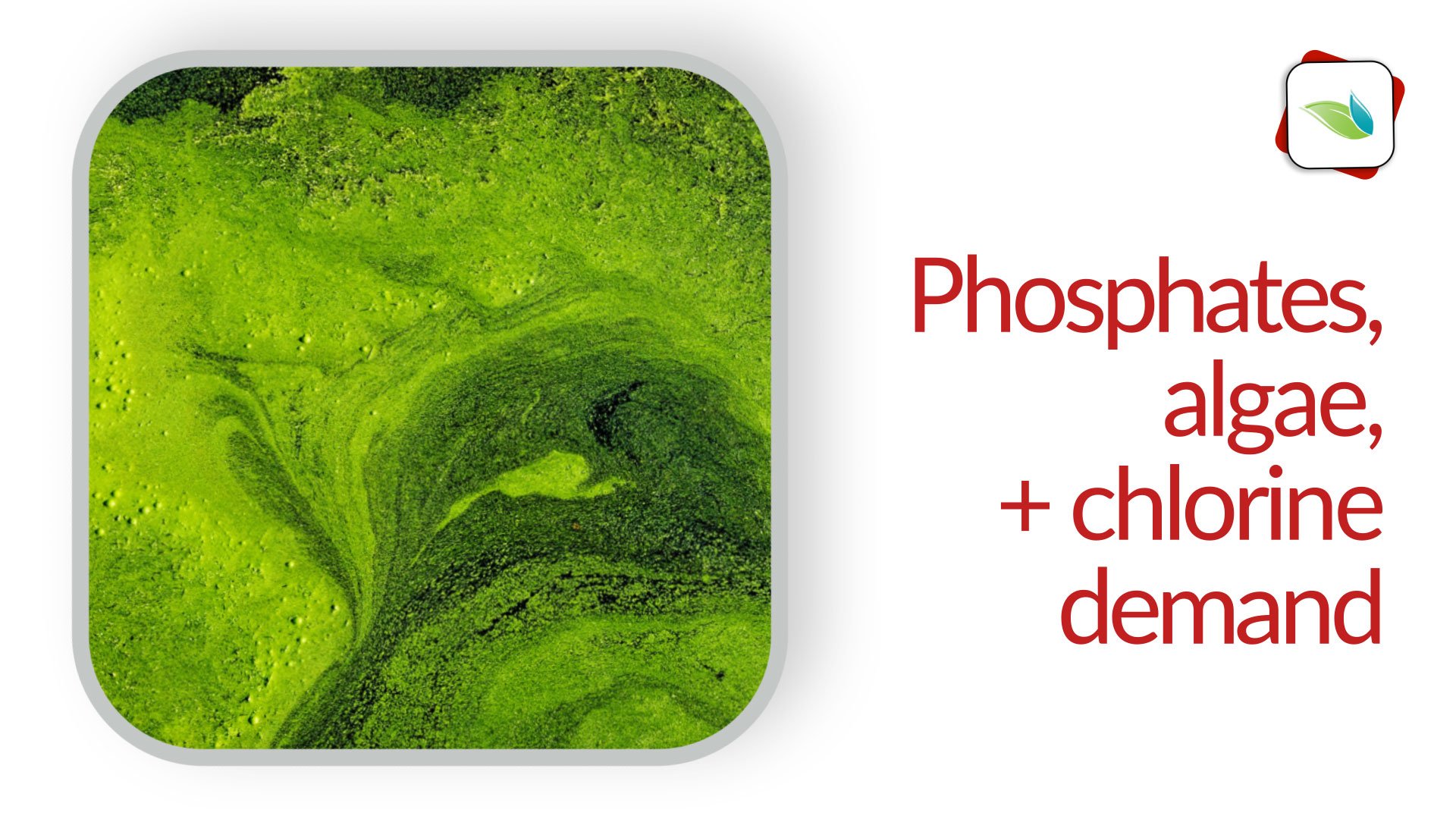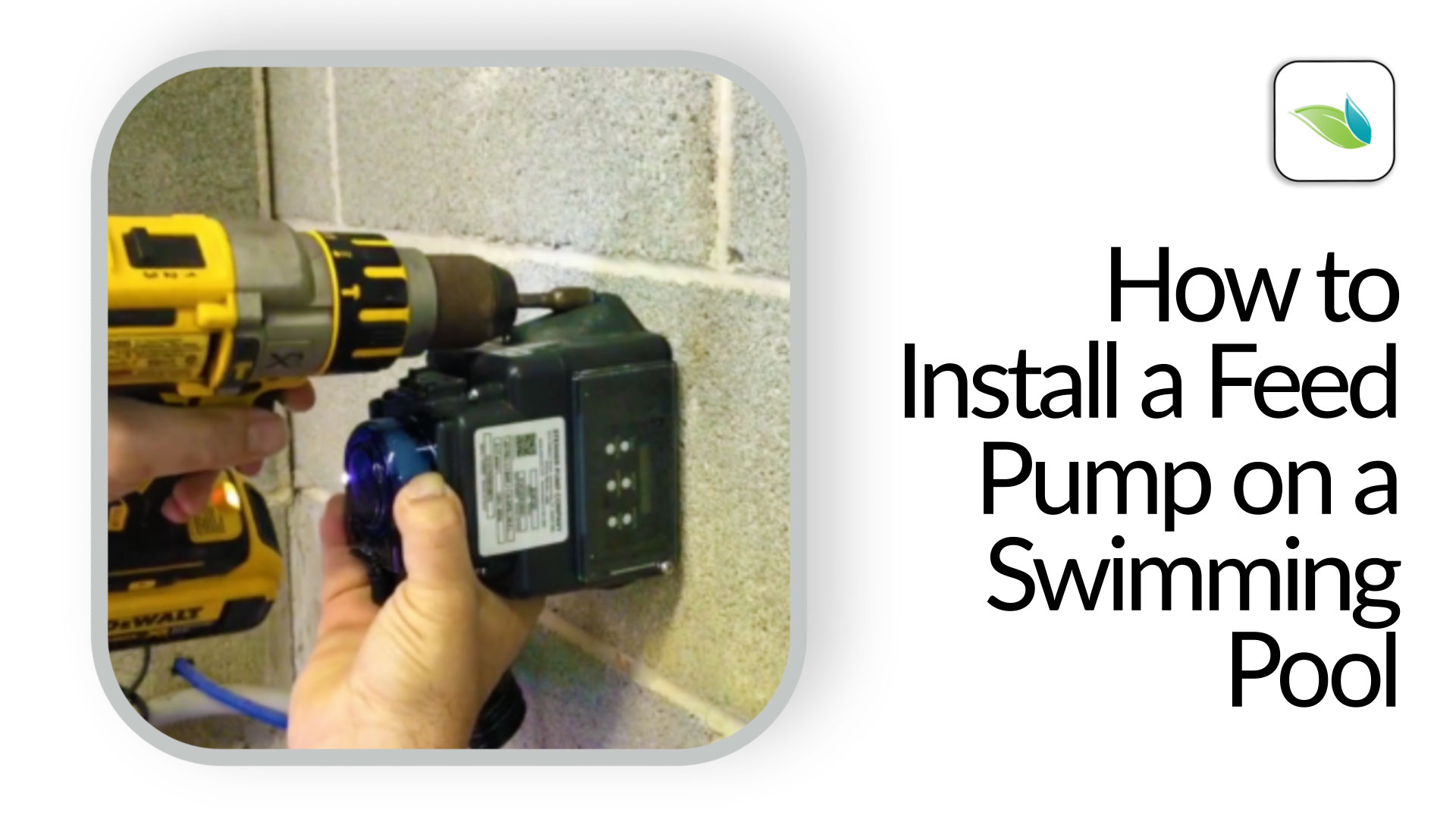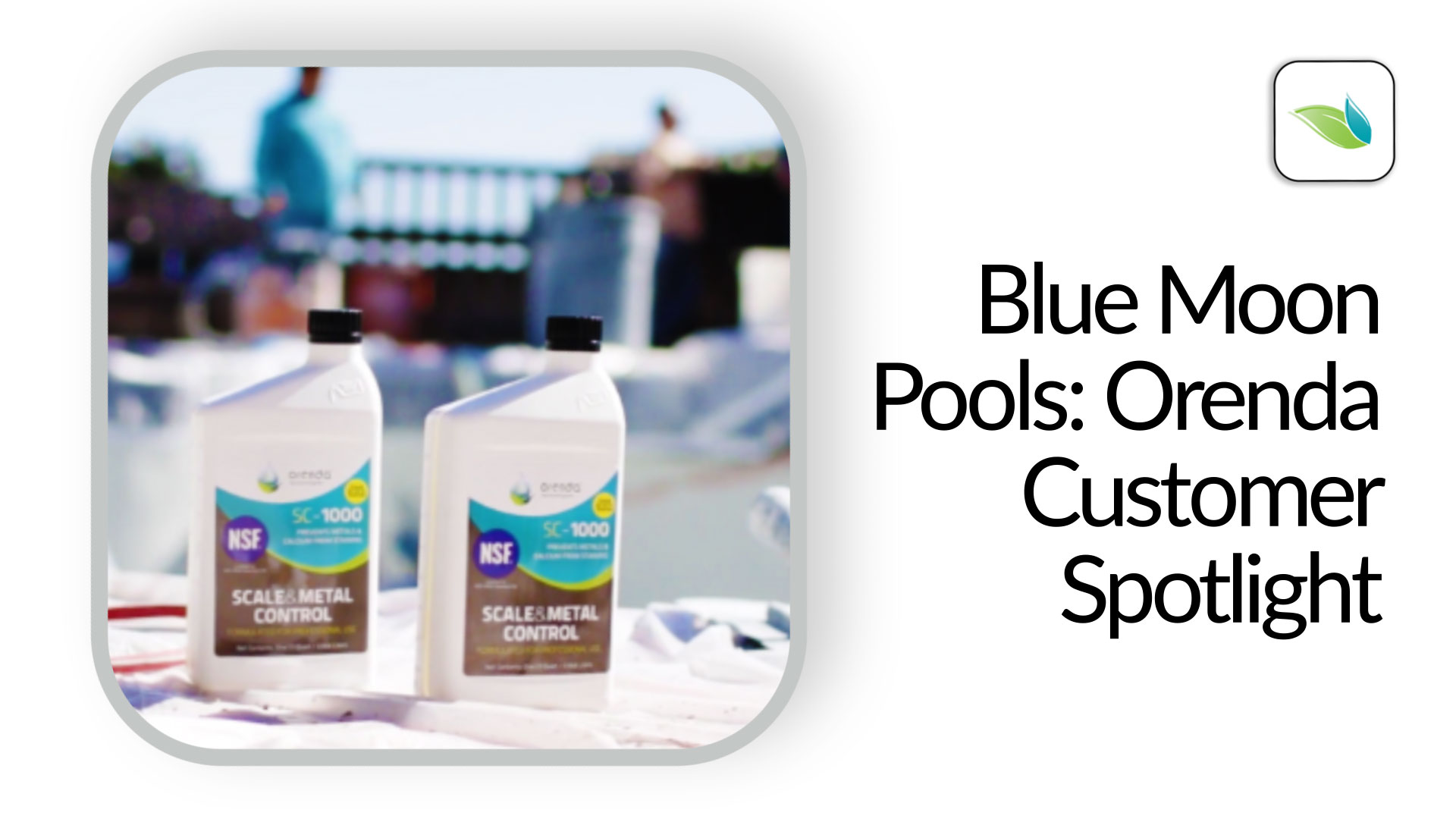The Four Pillars of Proactive Pool Care
Are you proactive in your approach to pool management and water chemistry, or are you reactive? Based on the types (and amounts) of products sold in the pool business, it is clear that plenty of pool people are reactive. According to Dr. Charles Bens, less than 10% of healthcare costs go toward proactive measures...which means over 90% is spent reacting to diseases and illness. In other words, over 90% of the medical industry is treating symptoms and consequences, not preventing them. Amazingly, the same argument could be made in the swimming pool industry.


